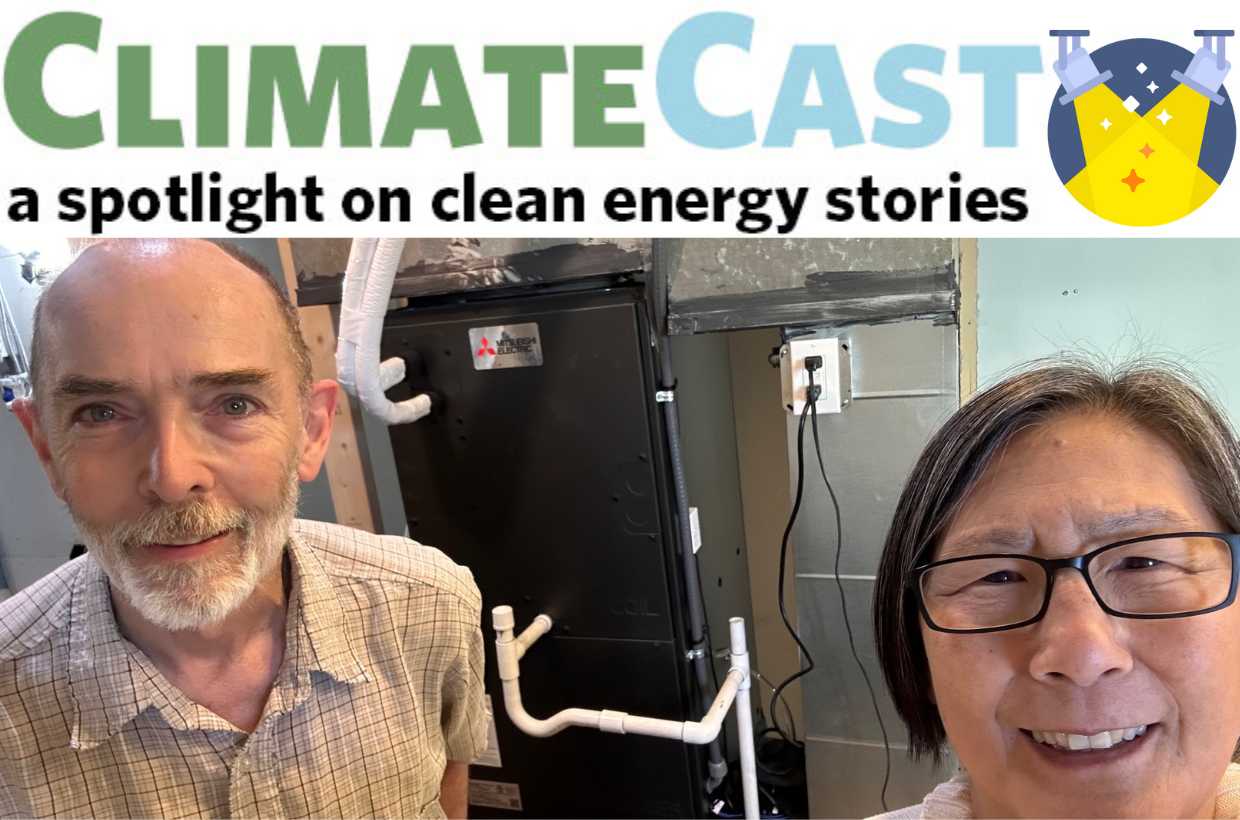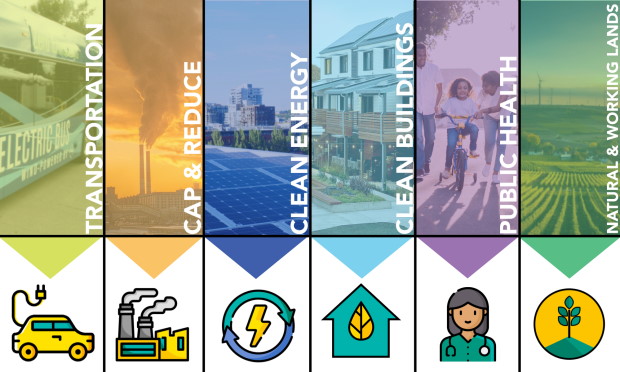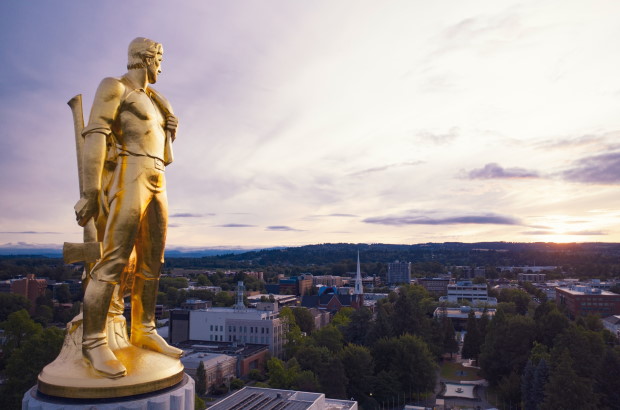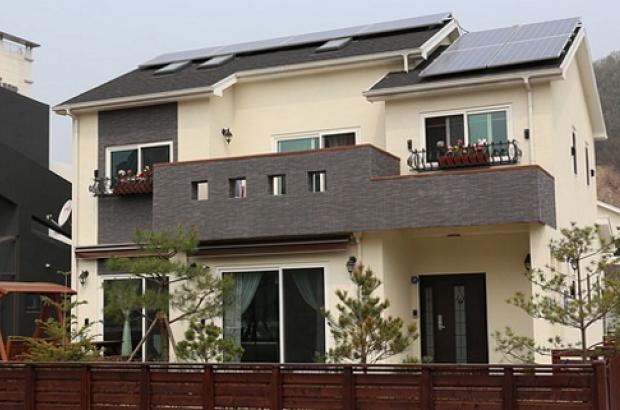
Energy efficiency is the foundation of decarbonizing our power system – reducing the need for new generating capacity overall and significantly improving the economic performance of the energy system. Former U.S. EPA Administrator Lisa Jackson once described energy efficiency as the "silent hero" to stop global warming. It is already the region’s second largest electric power “resource,” after hydropower.
Using energy wisely and storing more for later create great co-benefits with saving people money on their bills -especially lower income households, improving our health, reducing energy demand to make it cheaper and more reliable and creating more local jobs.
Recently the American Council on an Energy-Efficient Economy ranked both Washington and Oregon in the top ten states of making great strides in reducing energy use across their economies, including with appliance standards, in buildings, the transportation sector and also with the electrical grid.
Progress in energy efficiencies over the last three decades is a strong affirmation of the economic and environmental value of energy efficiency as a resource. There continue to be enormous efficiency opportunities and needed solutions, statewide but also in major jurisdictions in the region.
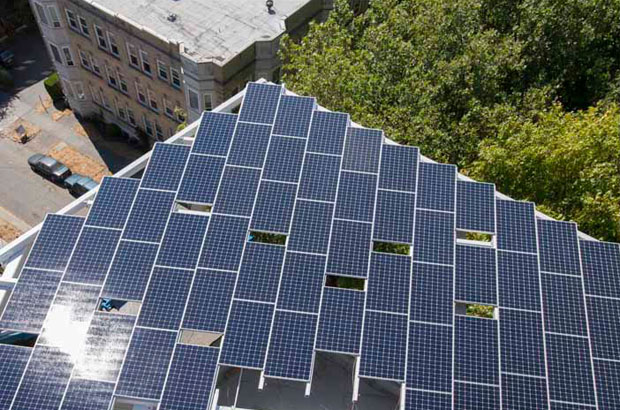
Let's say yes to healthier buildings for a healthier climate
With SB 5293/HB 1257, Washington can reduce our greenhouse gas emissions, create jobs, and make buildings healthier to live and work in.
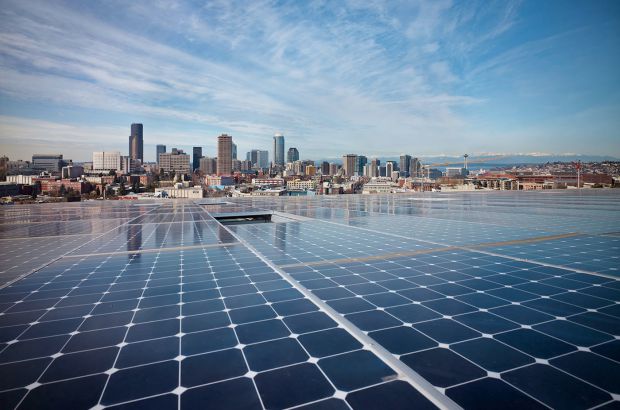
Clean buildings are part of the climate solution
Mitigating climate change requires holistic action across all sectors of our society. The good news is that actions that reduce our carbon emissions often have positive benefits on other aspects of our communities and economy. This is why we’re excited to support the Clean Buildings Package of legislation in Washington State.

Unlocking deep energy efficiency in buildings
We can dramatically cut carbon emissions simply by making our buildings more comfortable, cost-effective and efficient. Why haven't decades of energy efficiency programs accomplished more?
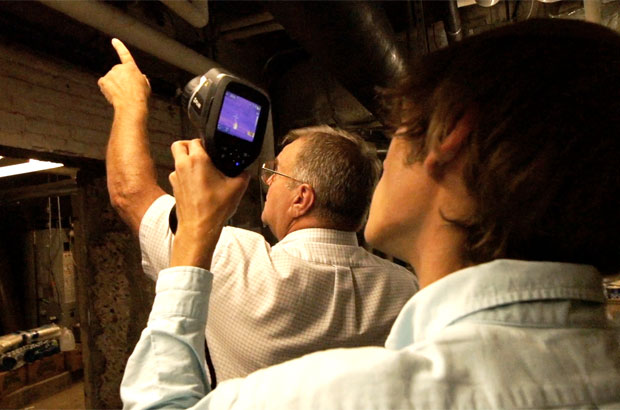
Portland moving forward on residential energy efficiency
The City of Portland is accepting comments on a draft policy to measure the energy efficiency of homes, as part of a long-term strategy to increase energy efficiency, reduce homeowner costs, and to curb a major source of carbon emissions.
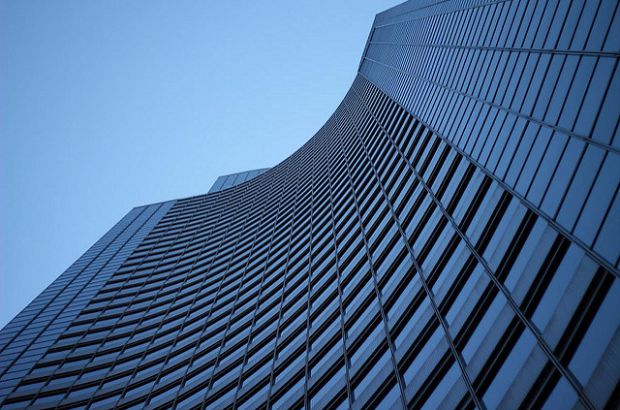
Tuning Up Seattle's Buildings
On March 10 Seattle took a key step on its path to be carbon neutral by 2050, when Mayor Ed Murray signed three energ

On the road to net zero energy homes in Oregon?
It's time for Oregon to reclaim a leadership position on building codes and to join the vanguard of states leading the way in pursuit of net zero energy homes and businesses.
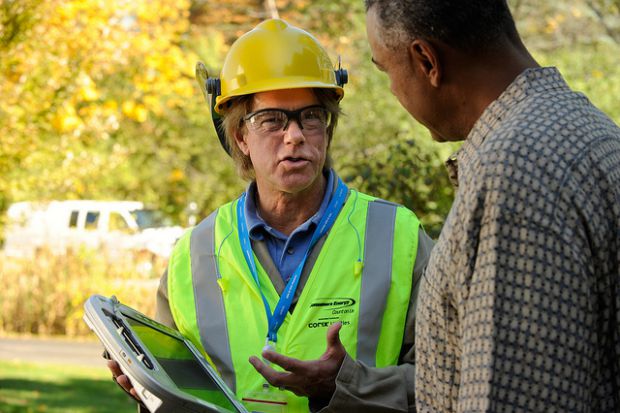
The Silent Hero: breaking down barriers to energy efficiency
Former EPA Administrator Lisa Jackson once named energy efficiency the “silent hero” in the climate crisis. Republican Governor Butch Otter of Idaho called efficiency the “low hanging fruit in the energy orchard.” We know that a key way to reduce our climate pollution is to reduce our energy demand. By reducing energy use, we also save money on our utility bills. So why are there still barriers to homeowners embracing deep energy efficiency?

Investing in efficiency is a billion-dollar energy solution. Why short-change it now?
Efficiency programs save BPA customers $1 billion in per decade. Do the utility's short-term needs really take precedence over our energy and climate future?
Give for a brighter future
Connect
Join our email list to learn about what we do and how to get involved.
